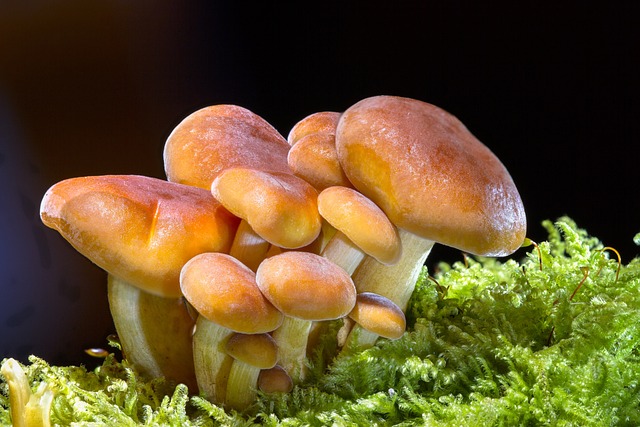Probiotics vs Prebiotics: What Are the Differences and Which is Better?
Probiotics and prebiotics are two buzzwords that have been popping up more and more in recent years when it comes to gut health. While they may sound similar, they are actually quite different. In this blog post, we’ll look at the differences between probiotics and prebiotics and help you decide which one is better for your gut health.
What are Probiotics?
Probiotics are live bacteria and yeasts that are good for your health, especially your digestive system. These microorganisms can be found in certain fermented foods and supplements. Probiotics help maintain the balance of good and bad bacteria in your gut, which is essential for optimal health.
It’s important to note that not all bacteria are bad for you. In fact, your body is made up of trillions of bacteria – both good and bad. The key is to maintain a balance of the two, and probiotics can help with this.
Studies have shown that probiotics can help with a number of digestive issues, such as diarrhea, irritable bowel syndrome (IBS), and inflammatory bowel disease (IBD). They may also boost your immune system and improve mental health.
What are Prebiotics?
Prebiotics are a type of fiber that pass through your digestive system undigested and stimulate the growth and activity of good bacteria in your gut. They are found in certain foods, such as bananas, onions, garlic, asparagus, and whole grains.
Prebiotics are important because they help feed the good bacteria in your gut, allowing them to thrive and perform their vital functions. Without prebiotics, good bacteria may not be able to survive, and bad bacteria may take over, leading to a host of digestive issues.
Studies have shown that prebiotics can lower inflammation in the gut, improve digestive health, and even help with weight management.
The Differences Between Probiotics and Prebiotics
While probiotics and prebiotics both play important roles in maintaining a healthy gut, there are some key differences between the two:
- Probiotics are live microorganisms, while prebiotics are non-digestible fibers.
- Probiotics can be found in certain foods and supplements, while prebiotics are found in certain foods.
- Probiotics help maintain a balance of good and bad bacteria in your gut, while prebiotics feed the good bacteria.
Which is Better: Probiotics or Prebiotics?
The answer to this question is that both probiotics and prebiotics are important for optimal gut health. Probiotics help maintain the balance of good and bad bacteria in your gut, while prebiotics feed the good bacteria, allowing them to thrive and perform their vital functions.
Therefore, the best approach is to incorporate both probiotics and prebiotics into your diet. This can be done by eating fermented foods like yogurt, kefir, and sauerkraut for probiotics, and foods like bananas, onions, and asparagus for prebiotics. If you’re unable to get enough probiotics and prebiotics through your diet, supplements are also an option.
Conclusion
Probiotics and prebiotics are two important components of a healthy gut. Probiotics help maintain the balance of good and bad bacteria, while prebiotics feed the good bacteria, allowing them to thrive and perform their vital functions.
It’s important to incorporate both probiotics and prebiotics into your diet for optimal gut health. This can be done by eating fermented foods and prebiotic-rich foods or taking supplements if needed.
Remember, a healthy gut is essential for overall health and well-being, so don’t underestimate the power of probiotics and prebiotics!







